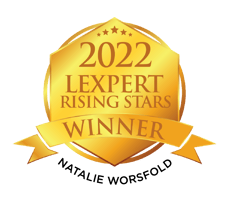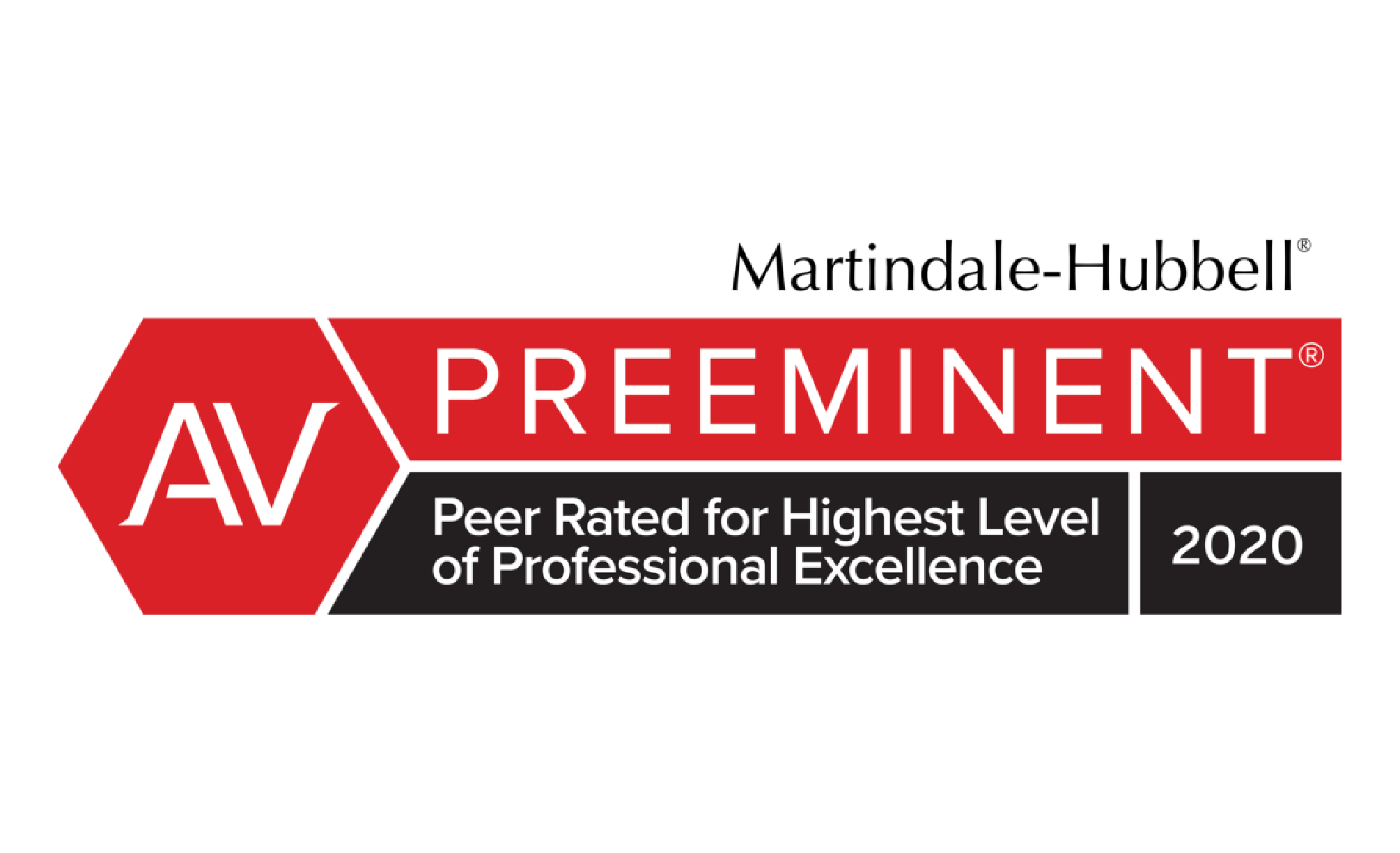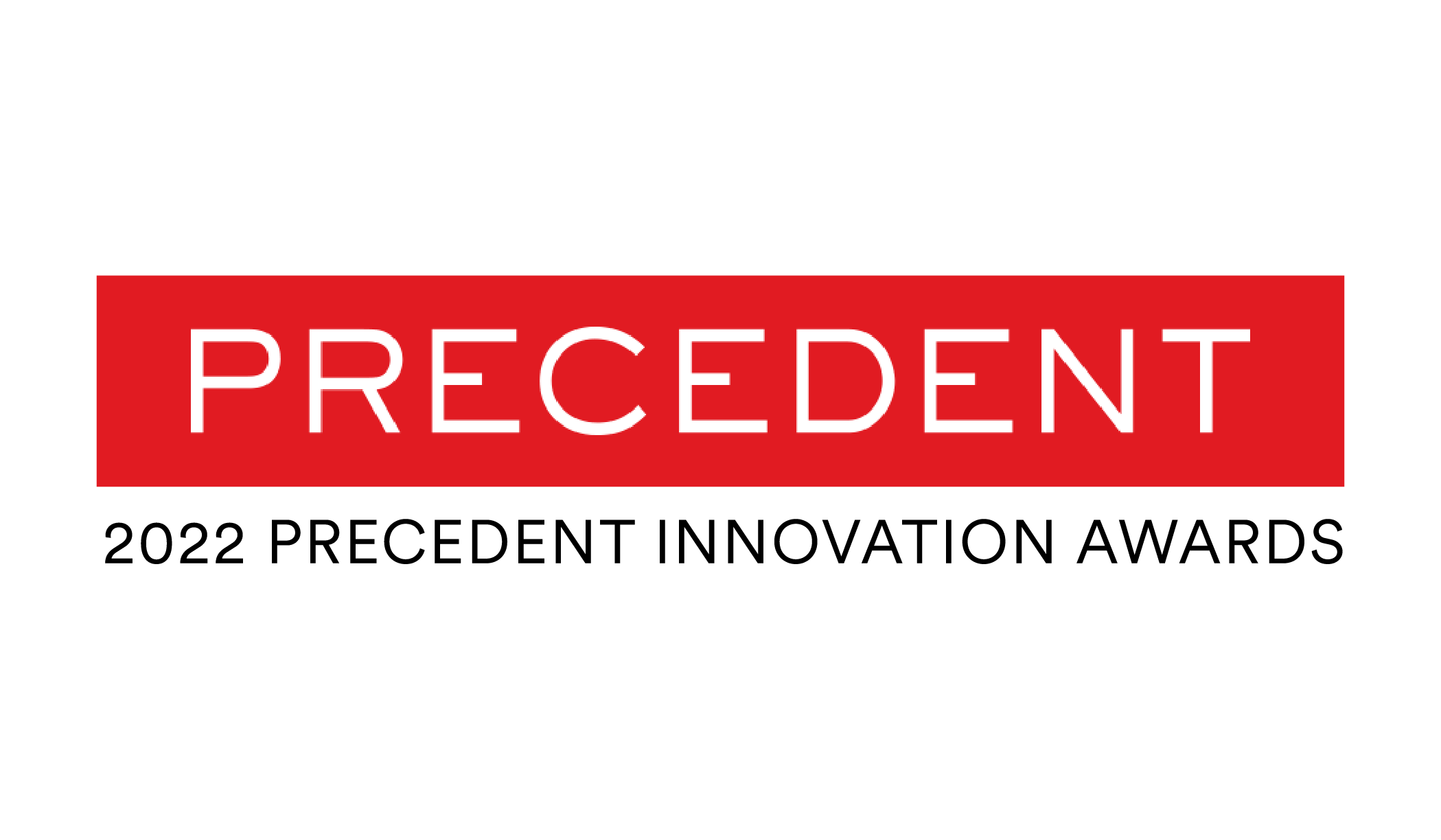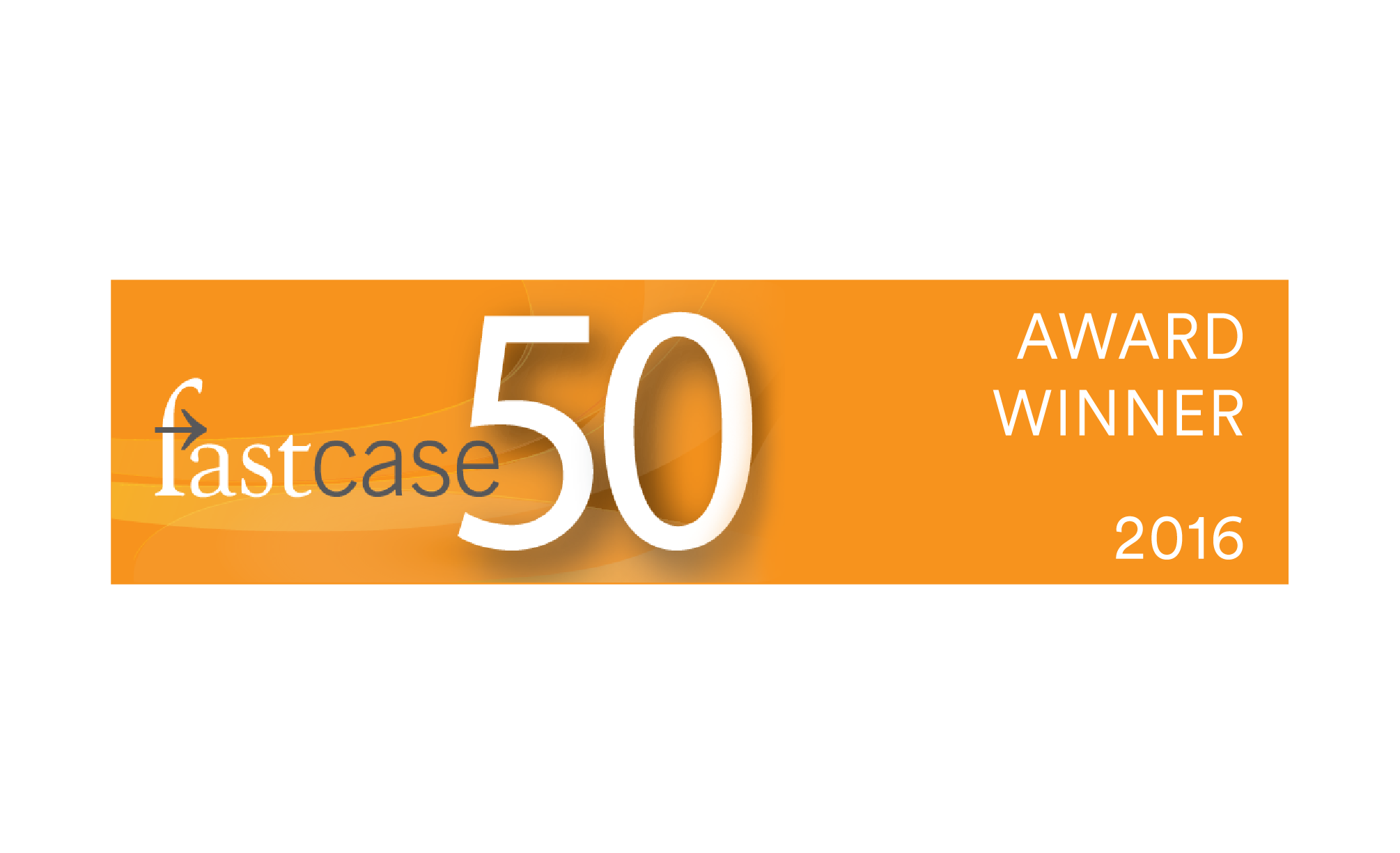
Join Peter, Natalie, and special guest co-host Laura van Wyngaarden as they speak with Rebecca Kacaba and Mat Goldstein from DealMaker about their journey to create a new way for companies and investors to streamline the capital-raising process. Rebecca and Mat share their insights into how implementing workflows, thinking outside the box, and collaboration with experts outside the legal industry can help you build a better product.
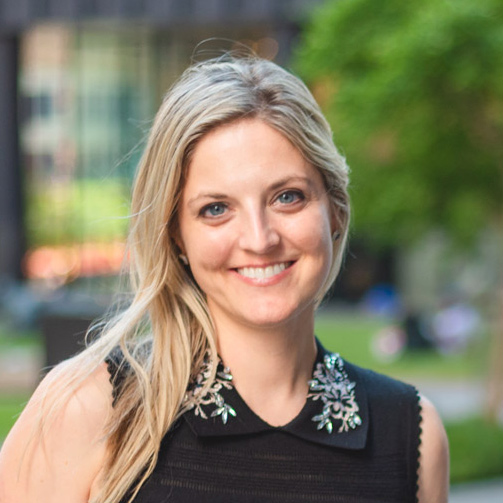
Rebecca is the Chief Executive Officer and Co-Founder of DealMaker, winner of Lexpert's top 40 under 40 and named one of North America's most innovative lawyers by the Financial Times. She practiced law on Bay Street for over 10 years, founded the startup practice group at one law firm and was co-chair of the Toronto Venture Technology and Emerging Growth Companies Group at another. She regularly acts as an advisor to startups in corporate structuring and other matters.
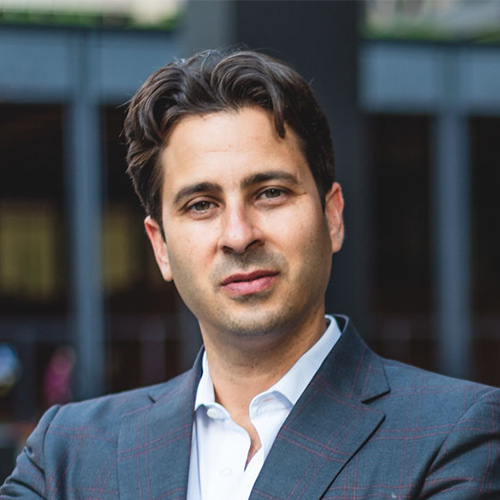
Mat practiced law in New York City before returning to Bay Street. With past startup business experience Mat has been providing his growth company clients with guidance on strategy, operations, team-building and corporate development. His skill set and cross-border expertise continue to supercharge DealMaker's growth strategy.
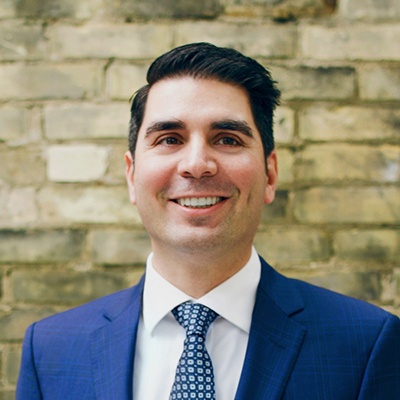
Peter Aprile is a senior lawyer specializing in tax dispute resolution and litigation. His vision as Counter’s founder and his everyday role at the firm are one and the same: to be an agent of change, uncovering opportunities and developing strategies that achieve more than anyone expected. A creative thinker, Peter studies problems from all different angles to find what others have missed. He’s also convinced that he likes winning more than most people.
Different people describe Peter in different ways. At the CRA and the federal Department of Justice, the word relentless comes up quite a lot. Admittedly, so does the word a**hole – but it’s often said with a certain grudging respect, if not affection. Peter’s clients call him a saint. Well, some of them, anyway. His colleagues describe him as empowering and harddriving, but fair. Peter’s friends call him loyal. His wife describes him as a lot to deal with, but worth it. Peter encourages his young daughter and son to call him “The Big Homie,” though with limited success. His mother describes him with the single word mischievous – before going on to complain that he should call more.

Natalie is a tax lawyer who represents individual taxpayers and owner-managed businesses in disputes with the Canada Revenue Agency (CRA). She also successfully challenges CRA decisions denying taxpayer relief and helps facilitate applications under the Voluntary Disclosures Program.
But what you really need to know about Natalie is that she’s a tax litigator with heart. When she takes a case, it’s not out of technical interest – it’s because she cares. And if she believes the government has got something wrong, she won’t stop until it’s been put right. She’s fierce.
Natalie is the co-architect behind many of Counter’s process workflows, software and data analytics systems, as well as our comprehensive knowledgebase (loving named Hank). And when it comes to preparing cases, she’s Counter’s secret weapon – happiest when elbow-deep in evidence, meticulously building creative solutions to seemingly impossible problems. Because the fact is Natalie sees things that other people don’t.
Natalie’s family and friends describe her as loyal, selfless, understanding and fun. They also mention stubborn. To her Counter colleagues she’s a combination of stellar brainpower and contagious enthusiasm who elevates the game of everyone around her.
Practices
Tech, Tools & More
[0:00] [background music]
Peter Aprile: [0:08] Hey, and welcome to "Building NewLaw." It's hosted by me Peter Aprile, and my colleague, Natalie Worsfold.
Natalie Worsfold: [0:13] In each episode, we interview lawyers, legal technologists, and other like-minded people, at the forefront of new law.
Peter: [0:20] We hope that the podcast connects new law community, and helps us all learn more about the approaches that are changing the way that we practice law.
Natalie: [0:28] To learn how you can use this podcast to satisfy your law society CPD requirements, visit our website at countertax.ca/bnlcpd. That's countertax.ca/bnlcpd.
Peter: [0:35] Enjoy the show.
Announcer: [0:42] The "Building NewLaw" podcast is supported by Counter Tax Lawyers, a new type of tax controversy and litigation law firm. To learn more about Counter, go to countertax.ca.
Natalie: [1:00] We have Laura van Wyngaarden from Diligen joining us as a cohost today. Laura, if you can just tell us a little bit about you for anybody who's listening.
Laura van Wyngaarden: [1:16] As Natalie mentioned, I'm Laura van Wyngaarden from Diligen. I'm the COO and co-founder there. What we do is we help lawyers review contracts faster and more efficiently with machine learning software.
Natalie: [1:25] Perfect. Thank you again.
Laura: [1:26] Thanks so much.
Natalie: [1:28] We're excited to be talking with Rebecca Kacaba and Mat Goldstein from DealMaker. Rebecca and Mat are former litigators at Dentons, and have worked in corporate securities law for many years. Like lots of the people we speak with, they felt the pain and efficiencies in what they were doing.
[1:43] They knew there had to be a better way, and they ended up building a transaction management platform that drastically reduces waste and friction for companies, investors, and lawyers involved in corporate securities. Their platform is called DealMaker. It's changing the way that people tackle capital raising challenges.
[2:00] We'll let Rebecca and Mat tell you all about it. Here's our interview with Rebecca and Mat.
[2:05] [background music]
Natalie: [2:05] Thank you so much, Mat and Rebecca, for coming in today. I wanted to get us started. I know you guys are working to modernize capital markets. Tell us a little bit about how that works.
Rebecca Kacaba: [2:22] Sure. Thanks for having us. Excited to be here. My name's Rebecca Kacaba. I was a capital markets attorney for over a decade. Practiced at two different firms, Aird & Berlis and Dentons. Mat and I met when he joined Aird & Berlis when he came back from practicing in New York for a long time.
[2:39] We started working together on a startups program. We got very focused on streamlining efficiencies to help our early-stage clients because they don't have a lot of resources, or a lot of time, or a lot of money.
[2:52] That led us to focus on one type of transaction, in particular, being the capital-raising process and we just saw a lot of inefficiencies there. There's a lot of complex paper being circulated, clients and investors don't understand it.
[3:10] If you think about it, it's not really a good way to sell anyone anything, to drop a 30- to 60-page document on them and ask them to print it out, figure out which boxes to tick, figure out where to sign, upload and scan it back.
[3:26] The error rate on these documents is... the lawyers we talked to, is over 65 percent. There's a lot of inaccuracies and lack of understanding and the way securities are being purchased in Canada.
Laura: [3:36] That's what happening right now. I don't practice in this area, I don't know anything about it, but people are actually dropping documents that size on...
Rebecca: [3:44] That is what they do on inexperienced investors who are just trying to buy shares in a company. Maybe their family and friends are the founders, and they need to go through 30 to 60 pages to tick the right boxes to figure it out.
Natalie: [3:56] How is DealMaker disrupting this space?
Mat Goldstein: [4:00] DealMaker has provided an opportunity for all of the participants in a transaction to collaborate on one online portal.
[4:08] It used to be the case where you'd have documents sent out by email filled in by investors, frequently filled in wrong sent to brokers, the brokers review them, they move them on to the lawyers. The lawyers review them again, errors are caught, it goes back to the broker, it goes back to the investor and the overhaul cycle of friction.
[4:25] What DealMaker does is, it allows the assured to upload transaction documents to the secure online portal, and then invites the investors to complete the transaction documents online using software to eliminate errors and deficiencies along the way.
Natalie: [4:41] When we were talking about you have to sift through 60 pages to find your check-boxes, I assume you guys are helping somebody find those check-boxes quicker, right?
Rebecca: [4:49] Yeah. We're taking them through a question and answer process and then mapping their answers back into the document. It's a security, is law-based workflow.
[4:58] Then on the fund transfer side as well, a lot of lawyers are collecting money in their trust accounts that actually isn't client funds and is actually against law society rule. A lot of lawyers are pretty excited to transfer that risk and liability and off their own shoulders and onto someone else.
Natalie: [5:16] You guys are bringing together the money side as well?
Rebecca: [5:18] Yes.
Natalie: [5:18] Oh, I didn't realize that so money, communication, and all the documents in one spot?
Rebecca: [5:23] Yeah.
Natalie: [5:23] I can't even imagine. What do people say is the biggest benefit?
Laura: [5:29] It is how to choose from those three. [laughs]
Rebecca: [5:33] Probably that their deals close faster because you eliminate that whole friction process of returning incomplete documents, of lost funding, and just that companies know what's happening on their deal in real-time. Everyone expects to know things in real-time today.
Laura: [5:48] Who's your target customer?
Rebecca: [5:50] Ultimately, companies who are raising capital, but we do that through various channels that operates like a collaboration hub. Lawyers, brokers, companies, investors, all can log into the software and collaborate.
Natalie: [6:05] Is it the kind of thing where if I'm a company and I am planning to go through one of these funding rounds, I can say, "Hey, I want everyone involved to jump in and use this platform?"
Rebecca: [6:16] Yeah. I think if you are a company who's raising capital or you're basically saying, I don't want to do it like it's 1970 and you circulate a bunch of long paper. I want to do it electronically and my investors will appreciate that, because they don't have to run around printing and scanning and faxing.
[6:33] They can just do everything online and as well submit funds online and keep that whole process much smoother.
Laura: [6:40] In terms of your target customers, do you have a geographical focus, particular customers you're most interested in?
Rebecca: [6:47] One of the interesting things about this space we're in is, capital raising is so international immediately. About 20 percent of the investors on the platform are US-based already, significant global base as well. The minute you start to be involved in the capital markets, there's a real global aspect to that which is exciting.
Mat: [7:07] The most helpful way to look at it is to differentiate between customers individually and a market as a whole. What we've really built is a solution for our market.
[7:16] In the capital markets where issuers are raising capital, you've got lawyers, you've got issuers, you've got investors, you've got brokers, you've people who act to find capital on behalf of some of those participants.
[7:30] What DealMaker does is it brings everyone together in one collaborative workflow. It can start with an issuer, it can start with a lawyer, it can start with a broker, it can start with a finder. Each of these constituencies are people we have to keep happy in order to close a deal quickly and efficiently.
[7:48] What DealMaker does is, it gives everybody the ability to complete transactions electronically, collaboratively, and quickly.
Laura: [7:57] What excites you about your products? What's been an unexpected thing that you've discovered?
Rebecca: [8:03] Something that initially drew us to this space that's exciting is that the capital markets, you have public companies out there who are online and there's electronic trading happening.
[8:13] The private markets whether it's a public company or a private company raising capital, have always traditionally been opaque. There are certain exceptions for high-net-worth individuals to invest in those companies, but it's not something that the average Canadian has a lot of access to.
[8:29] When you start to look at the net effects of a platform like DealMaker and digitizing that world, there's a lot of new opportunities that are developing as a result of that. A lot of new access to capital for companies, a lot of new access to investments for the average Canadian, or North American.
[8:47] That's exciting for us to be part of something that's revolutionizing the way the capital markets operate.
Natalie: [8:54] If I'm going to use your product to do this task versus doing it manually, what time can I expect to save?
Rebecca: [9:02] Our most recent case study shows the aggregate overall savings for the issuer, the lawyer, the broker on a standard transaction, over 70 percent. When these forms come back completed incorrectly, you have a whole phase of a transaction where the forms get corrected, investors have to refill in their documents. That's been an accepted practice for a long time.
[9:28] When you look at turning process on its head and starting from the beginning and re-engineering it, you remove that phase of correction. What happens once you do that, is you gain significant time savings for all the parties involved, but also the deal just closes faster and a lot more smoothly.
Laura: [9:45] The beauty of building a product where you've had the experience of doing the work manually, is you understand every step of the process and all the little pain points. What are the things that people say that surprise them in your product?
Mat: [9:59] Two of the biggest things for clients where their expectations haven't been met by the traditional practice of law, are collaboration and transparency. In a paper-based world where a client calls a lawyer and asks for assistance on a transaction or provides instructions on a transaction, that client doesn't have any real visibility into what's happening on the deal. Who's completed? Who's funded? Who's signed? Who needs to be chased? Who's become unresponsive?
[10:28] The frustration we uncovered was based on wow, I can see in real time exactly what the status is of my transaction, the status of each investor. It was interesting to see. You see it sometimes when you take the subway, there's a counter that says subway's coming in two minutes, three minutes.
[10:45] Just having that visibility and transparency into what is happening with your life is something that clients expect in every other walk of life, and just haven't been getting from lawyers. For me, that was a real lightbulb moment.
Natalie: [10:57] I think it's for all parties involved as well. I know as the lawyer involved in the transaction, you can be like, "I just don't know what's happening. Can somebody tell me?" If you're picking up on that frustration in that role, I can't even imagine being in the client shoes at that point.
[11:13] How did you walk down this path? You picked up on all of the waste and the inefficiency. How did you guys get started with that?
Mat: [11:20] It starts with doing user stories, getting into the heads of the different actors who have roles to play on the transactions and mapping the whole process out. But once you go through the exercise of analyzing a workflow and then identifying the opportunities to automate, or simplify, or reduce errors, or transact quicker, then each of the pieces start to emerge of what needs to be built.
Natalie: [11:44] Do you guys have a process background or anything like that that helped you with this?
Mat: [11:48] We do now.
[11:49] [laughter]
Natalie: [11:49] Was it just learn as you go?
Rebecca: [11:53] We did M&A. M&A is a really good opportunity to learn process management. You're quarterbacking a deal. You're bringing in real estate experts for the business when they need them. You're bringing tax experts when they need them. You're distilling all of that advice and communicating it to a client. It's a little bit different than a lot of areas of law.
[12:13] When you have a big M&A transaction going, you might have hundreds of emails coming into your inbox a day that you need to sort, triage, get dealt with, and prioritize and make sure longer lead time items get dealt with first. Do your document review and turn the SPA at night, and different tricks like that. There was a lot of good learnings there that are very transferrable to other areas.
Laura: [12:38] I'm sure that set you up really well for the product building process. We all know what that involves and how much time and dedication and effort goes into taking something from the idea stage to having a product that's actually really useful. Were there any surprises along the way for you in terms of product building?
Rebecca: [12:57] I thought you were going to ask, "Did you have any good mentors along the way?" Then we could say, "Yes, we went with Laura and Conrad all the time to learn about what they are doing."
[13:05] [laughter]
Rebecca: [13:06] That's a big part of developing a product as well -- building your network and hearing other people's journeys and having the motivation to keep going. Back to your question.
Mat: [13:17] I think there is a lot. One of the interesting things for me is this realization that happens when you set out to automate what used to be a manual workflow. There were a lot of moments along that journey where what we automated was very rational in that it replaced a manual step in the workflow, but it turns out the original workflow was flawed itself.
[13:38] We hadn't realized that because we had been practicing for so long. We ended up hearing from the market wouldn't a better way be to do it this way. We would say that's not how lawyers do it. Then we had to realize, OK, but how lawyers are doing it, that's because that's how they're doing it doesn't mean that that's the right way to do it. There was some insight there, which I think was interesting.
Natalie: [14:03] I love that realization. It's always been my favorite moment where you're just like, "Oh, the way it's being done is wrong." [laughs] To me, it's solving those sorts of problems or those realizations that really drives home the value of a product. Not just automating something. There's always value there as well, but fixing those core missteps, shall we say?
Rebecca: [14:23] Yeah. Even a step further beyond that is how you can then enhance the process with things you couldn't do before. I think there's still a lot of fear, especially in the legal community, about adoption of technology because people don't realize that it doesn't replace the human.
[14:40] The human always is going to have that personal connection with the client. The client is always going to look for that contact and advice. But it really enhances the service offering. Ultimately the lawyers who are adopting these technologies are just going to be providing that much better advice and that much more enhancement for their client.
Natalie: [14:59] One of the things I found is when you're changing the process that the lawyers are used to working on, it requires just that little bit more of an education component. It's not just an education about automation and things like that, but it's also, hey, I just switched around the order you do things, don't worry. Did you guys find that as well?
Rebecca: [15:15] Yeah. That's a tough thing. Changing behavior is a tough thing for people to do and accept. That's definitely something we continue to strive to work on because it's hard to do.
Laura: [15:28] Sometimes, when you build a product that takes a process that people are used to doing manually and you can now do it so much easier and so much faster, you can get mixed reaction even though you're making essentially the people's lives who are doing this task much easier. What have you found in the market in terms of the kind of responses you get? Do you ever get any resistance?
Rebecca: [15:50] We don't focus our energy on the people who give it resistance. The clients that we have, you can see there are certain lawyers in particular who really view part of their practice as continuing to evolve their practice.
[16:05] Adding new tools and enhancements is just part of the way they work. Those are great people because they give you great feedback, and they're great users. Ultimately, they're early adopters and innovators who cause the lifecycle of innovation to begin.
Natalie: [16:23] I get very nervous whenever I'm bringing something new out into the world. I have a tendency to keep things hidden for longer while I may wait and make them perfect and everything else. It's a scary first step showing everybody your product and hearing resistance and things like that. Did you guys experience that? How did you deal with it?
Mat: [16:43] It's a scarier first step to build something that people don't want.
[16:46] [laughter]
Mat: [16:49] Try to use fear of one outcome to overcome fear of another outcome. There's this expression, "If you're not embarrassed by your first version, then you shipped too late," which resonated with us.
[17:02] The feedback you get from the market and the early adopters of the product is the lifeblood of product improvement. You have to get the product out there. People have to use it. They have to tell you what they wished it did differently in order for you to know what to build. Just get it out.
[17:21] [laughter]
Rebecca: [17:22] Don't keep it in the garage.
Natalie: [17:24] That's a good way to phrase it. I like that a lot. Just take it out. I'm huge car nerd. Keeping things in the garage is where all those beautiful cars always were in my mind. Bring it out. Get people to see it. That's why you're doing this. You're not doing it to just put it on some trophy case or something.
Laura: [17:42] Almost seeing yourself as only part of the equation about how this product is going to be built. There's a cycle of you build, you put it out, you listen, you build, you put it out. It's that iterative process, right, between you and the market.
Rebecca: [17:55] Definitely.
Natalie: [17:56] Is there any steps you can take to release into a safest space?
Rebecca: [18:00] Good pilot partners. You don't want to release with people who are going to be critical and managing their expectations in the early days was something that I think helped a lot.
Natalie: [18:12] What the first concrete step towards actually building the product that you have?
Rebecca: [18:17] Finding a technology partner and then building an MVP.
Natalie: [18:20] How did you find the technology partner?
Mat: [18:22] We run a process. You think about the outcomes you're going for and then you look for personnel that have the competencies to deliver those outcomes. Really, if what you're trying to build requires features that do X, Y, and Z, then you need personnel who have the competencies to build features X, Y, and Z.
[18:42] You just work backwards from there.
Natalie: [18:44] I think a lot of people get stuck at that point. They get then into unknown territory. As lawyers, we're not typically perfect at going out and hiring talent or understanding exactly what type of talent we need. So, I think a lot of people hit there and then they just go, "Oh, that's a bit scarier than I imagined," and they stopped.
[19:02] What was it about you guys that gave you the courage to take that leap?
Rebecca: [19:06] I think a lot of lawyers are risk adverse, that's the point of inflection you're talking about is the point where I think there's a lot of risks. You can say lawyers think they're good at everything so it's hard for them to go out and hire someone who is going to have a lot of...Who's an engineer and who's going to have a lot of different kinds of knowledge than they do.
[19:25] They really got to have to take a back seat and give some control to that person. So that's probably a hard thing to do.
Laura: [19:32] We hear a lot of stories about people who had an idea, went out, taught themselves how to code just so that they could keep -- well, not necessarily just -- the control but I think that that is sometimes a factor. The other side of it is if you're handing over money, you literally put your money where your mouth is kind of thing. You got to believe in your idea to do this, right?
Rebecca: [19:50] Yeah, and we always were doing that and I think our attitude...We have such a phenomenal development team. They're so talented. To me trying to learn the kind of skills that they have amassed over their long careers is like it's impossible. As Mat said, you really need a compilation of different individuals to build a company.
[20:13] Some with marketing expertise, some with growth expertise, some with that engineering expertise. So, probably one thing I would say that I'm quite proud of is that we're always looking for people who are better, as someone's better than us. That's great. Add them to our team and they'll make us better. I think that's important in recognizing skills and talents in other people and attracting them.
[20:35] I'm really trying to foster their skill and talent to be the best it can be.
Natalie: [20:39] How did you guys know if somebody is good at it? If you don't know necessarily how to code, how did you test where there's somebody was capable, competent and all of that kind of stuff?
Rebecca: [20:50] We talked to Laura about that a bit.
Laura: [20:51] Yeah, we have chatted a bit. One of the great conversations we've had is you guys have really explored hiring. Hiring is a skill just like anything else. When you first hire, you're just like, "I need someone who can make this plan a reality." You get better and better at that in terms of your ability to hire, right?
Rebecca: [21:12] Absolutely.
Natalie: [21:13] I get the impression that surviving and making a successful business particularly in legal tech has a lot to do with connection and mentorship. Have you found that as well?
Rebecca: [21:22] I think that's probably the case for any business. Yeah, we definitely try to create a culture of flat structure, open communication, continual learning. I think that just drives from our personalities. We're constantly striving to be better. That's what led us here. We're constantly striving for process improvement which is ultimately how you're going to create a growth company.
[21:45] You're going to need those processes in place to continue to scale as quickly as possible and to go international.
Natalie: [21:51] I'm always looking for a common gold thread between the people we talk to. It's like what made you guys able to take this leap and be successful at it, and why haven't I seen that same quality necessarily in other people? To me, when I talk to all of you guys, I hear a lot of, "We're built this way" type conversations happening.
[22:18] What I'm always trying to figure out is what is that? What is the common thread between people who have done this? Do you have any insight? Because I believe anyone can do it. I don't think there's an innate specialness to anybody in legal tech but there's a curiosity and an interest that I think you need to foster in order to be able to go into this.
[22:44] I'm always eager to try and help people learn how to foster the beginnings of a curiosity or an interest into something that could one day give them the courage to go and take that leap. Do you guys have anything where you look back and you're like, "You're right. I had a moment where I knew that if I kept pulling on this string, it might lead somewhere."?
Rebecca: [23:07] A different way of saying what you just said and what often bounces around in my head is continuing to embrace disruption. A lot of people would probably look at our day-to-day lives and think it's crazy. I know they do. They say that to me sometimes.
[23:24] To me, that's a state of existence that I embraced and I know Mat embraces. We love it. Every day is different. It's challenging, it's exciting, and we're always trying to figure out how to push harder, better, faster. And so, once you embrace that kind of feeling and knowing that you're pushing yourself to be the best that you can be and as hard as you can, that's how you build a company to me.
Natalie: [23:49] Pushing and being a little bit uncomfortable with uncertainty?
Rebecca: [23:52] Yes.
Laura: [23:53] Often what I found is in...I know you guys have this faith, the willingness is just to learn. On day one you're learning, three years, four years later, you're learning. If you're willing to do that learning and if you're willing to live with some uncertainty and to embrace that, I think that's some of the core qualities.
Natalie: [24:15] That willingness to learn, I think it comes with humbleness as well. You have to accept that you're not an expert in coding or something and you're going to go and hire somebody who like you said is better than you. Where do you guys think that your willingness to be humble and to put egos aside, where do you think that came from?
Rebecca: [24:34] I don't know. There was a lot of that when I first started practicing. [laughs] Didn't know how to do anything, partners having to tell you weren't doing such a good job all the time. My experience at least was low, was a bit humbling that way.
Rebecca: [24:50] Even speaking to both of you, there's...All four of us, there's no ego in this room. It's a common thread that I see and I don't know where it comes from.
Laura: [25:00] I want to counterbalance that point just a little bit which is I think there's a balance between -- and I'd love to hear what you guys think -- you've got that willingness to learn and that openness, and that you're just going to learn until you can do it fantastically in every area of the business.
[25:20] There's also a fundamental belief that you can and will build those product and it will be a success. I wouldn't call it ego in that but it's some confidence and some courage.
Mat: [25:31] Yeah, I agree. The core of disruption in any disruptive enterprise is some belief that an improvement can be made, something can be done better. Inherent in that, it has to be a sense that, "Well, I can figure it out what that is. I can do it better. I can figure out a more optimal solution." So that is inherently non-humble.
[25:55] [laughter]
Mat: [25:56] There's always opportunities to do things better, do things faster, do things smarter. Where the humility comes into it isn't there, it's in, "OK, just because we agree that there's a better way, where we agree to explore whether there's a better way doesn't mean necessarily the way I thought of it is the better way or the way we thought of as the better way."
[26:15] That subjecting ideas to rigor and to scrutiny and accepting criticisms and being willing to be wrong and being willing to grow, being willing to learn. That's what it's all about for me.
Natalie: [26:27] I find belief in the path like belief that I'm on the right path. It's not necessarily that I'm the only one who can go trudging down this path. It's more you look to your left, you look to your right and if you see more people coming down this path, you will do everything you can to help everybody along the way because you believe that this is the right path.
[26:47] Whether that path is process improvement or there's usually some technology in there or something like that. But just a belief in that improvement, I find is a unifying force with people. I guess maybe what I'm touching on is sometimes I felt in the legal world, there's some stabbing in the back and some competition, and things like that.
[27:07] I've not found that in the...Once you move into the change in improvement side of things. Once you're building or tech product or something like that. Everybody is trying to help as opposed to step in you in order for them to get further ahead themselves.
[27:25] Did you guys find that at all?
Laura: [27:27] Yeah, I think that's very astute.
Mat: [27:29] Yeah, especially in this community. There's a movement, a building in this environment at this moment in time amongst people who...They use to practice or close to practice and are now starting companies, who are now agreeing that there is a better way to deliver legal services whether it's through the monthly round tables that everyone in this room attends or various one-off conversations that the legal innovations zone.
[27:56] There is a community of people who are supporting one another and I do think that that's very helpful. You guys have played a big role in that community as well. Natalie, you and Peter, this whole initiative in this podcast I think go into encouraging conversation amongst people who are looking to drive change.
Natalie: [28:13] That's very kind of you. It's all purely selfish. I'm just kidding. Find more people to talk to but it's really lovely to hear insight from people and I look back at the journey that led me here and I think of the influence that I had along the way. It's any moment where you hear somebody else telling a story and you pick up on something, you relate to it.
[28:35] There's hope that there is a different way to be and I think that helps give people courage. To me, all we're trying to do with the podcast is help give people hope and courage and see a better path. You guys are perfect to come and tell everybody your story because I love hearing about it. I love talking about all the different products that everybody builds.
[28:57] Just getting back to DealMaker, [laughs] if somebody is listening is trying to find more information about your products specifically, where is the best place for them to go?
Rebecca: [29:06] The website is dealmaker.tech and they can email us at the info account which is info@dealmaker.tech. Yeah, we would heartily encourage everyone to start the journey. It's so fun. I can't say enough good things about being a legal tech entrepreneur. It's great, fun.
Natalie: [29:23] If you could give one piece of advice or a next step or next action that somebody listening might take to start along this path. Not necessarily along a legal tech path but to mix it up a little and get out into the world. What would you recommend?
Rebecca: [29:39] There's a risk in not doing it. Don't keep it in the garage. You have to get out there and do it. It's not the most risky option. The status quo has equal risks.
Laura: [29:47] I love that.
Mat: [29:50] Agreed. I'll add maybe just a gloss which is the first draft of everything is crap. Everything. Get the draft done, get it out, get feedback and you can improve.
Natalie: [30:02] I love it. Thank you so much for joining us today guys. It was lovely to hear more about what you guys are building.
Rebecca: [30:07] Thanks for having us.
Laura: [30:08] Thanks guys.
[30:09] [music]
Natalie: [30:10] I really enjoyed the opportunity to learn a little bit more about DealMaker and I knew a little bit about their product but I really don't know anything about capital markets and all of that amazing stuff they're doing to revolutionize that side of things. You know a lot more about these guys than I do, right?
Laura: [30:37] I do. Yeah. I've known Mat and Rebecca since their days at Aird & Berlis, who's a client of ours before they started DealMaker. It's been so great to see the progression of the product and then building it out. I think they've built something that is really valuable. There's obviously a real pain point there, that they're solving. I can't wait to follow their success.
Natalie: [31:01] I've dipped my toe into it like I said, because I didn't know much about the market. I looked at it and went, "Well, I can't really incorporate this into AFEM. As much as I love spending time with these guys because they're really, really amazing people, I always didn't know that much about their product and felt really ignorant. [laughs]
[31:17] It was so good to get that insight. I'm always looking for solutions. When I say this didn't really apply in our field, it's because I'm constantly scouring for things that apply in my field. It's always so hard to find them.
[31:30] If we can help in any way, somebody who is suffering the horrific amount of pain, it sounds like exists in this process, and connect them with somebody who has already built and digitized the solution for them, that's fantastic. Nobody has to go reinvent the wheel in order to get all the benefits. I always appreciate anytime you can find a solution and not have to build it yourself. [laughs]
Laura: [31:53] Absolutely. They're such a good example of people who have a really deep understanding of a particular pain point, legal pain point, and being the ones who say, "We're going to solve this, and we're going to solve this very thoroughly and make this process which is a pain for people currently into something that is streamlined and much easier."
Natalie: [32:15] I think just touching on that, it's like, this is a lawyer designed solution. Right?
Laura: [32:19] Right.
Natalie: [32:20] These guys ran through this process day in and day out, for years on end. I think that insight and expertise really...every time I've seen that then come into fruition in a product, it's always made a better product. It's like you did, I don't know, 15 years of research before you even build the product.
[32:41] I think that that's fantastic. I'm so happy to see these guys bringing their product out of the garage, and showing it, and selling it to everybody.
[32:51] [background music]
Natalie: [32:51] For this episode show notes and transcript, and how to satisfy your Law Society CPD requirements, please visit our website at buildingnewlaw.ca. We'd love to hear from you.
[33:08] If you have any feedback, feel free to send an email to info@buildingnewlaw.ca, or come and find us on Twitter @buildingnewlaw. Don't forget to subscribe on iTunes, our website, or wherever else you get your podcasts.
Announcer: [33:20] Thanks for listening to the Building NewLaw Podcast brought to you by Counter Tax Lawyers. To learn more about counter go to countertax.ca.
Lawyers that have completed the S04E06 BNL CPD can claim a 32 minute Professionalism CPD credit.
- To access the S04E06 verification examination click this link.

.jpg?width=120&name=Counter%20Tax%20Litigators%20Logo%20Stacked%20(MidnightBlue%20on%20White).jpg)
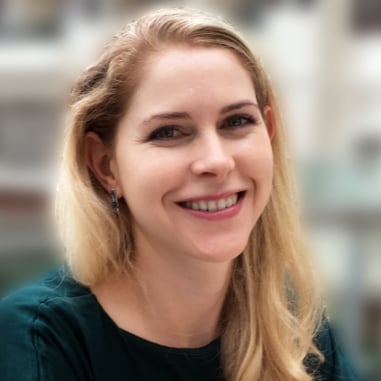


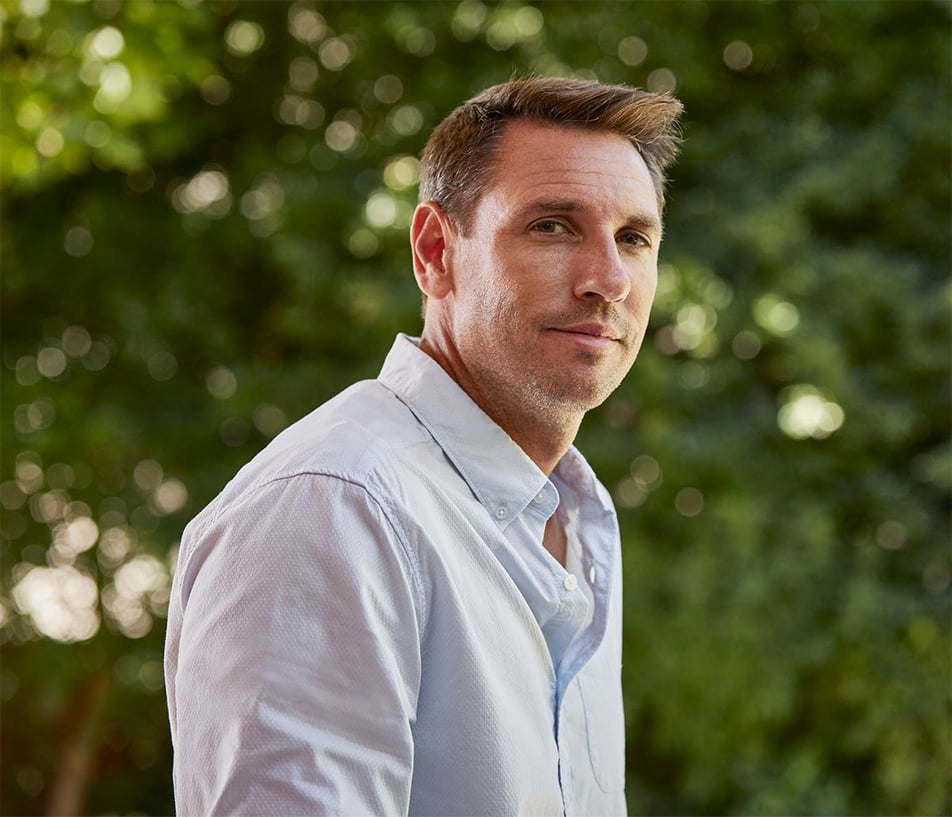

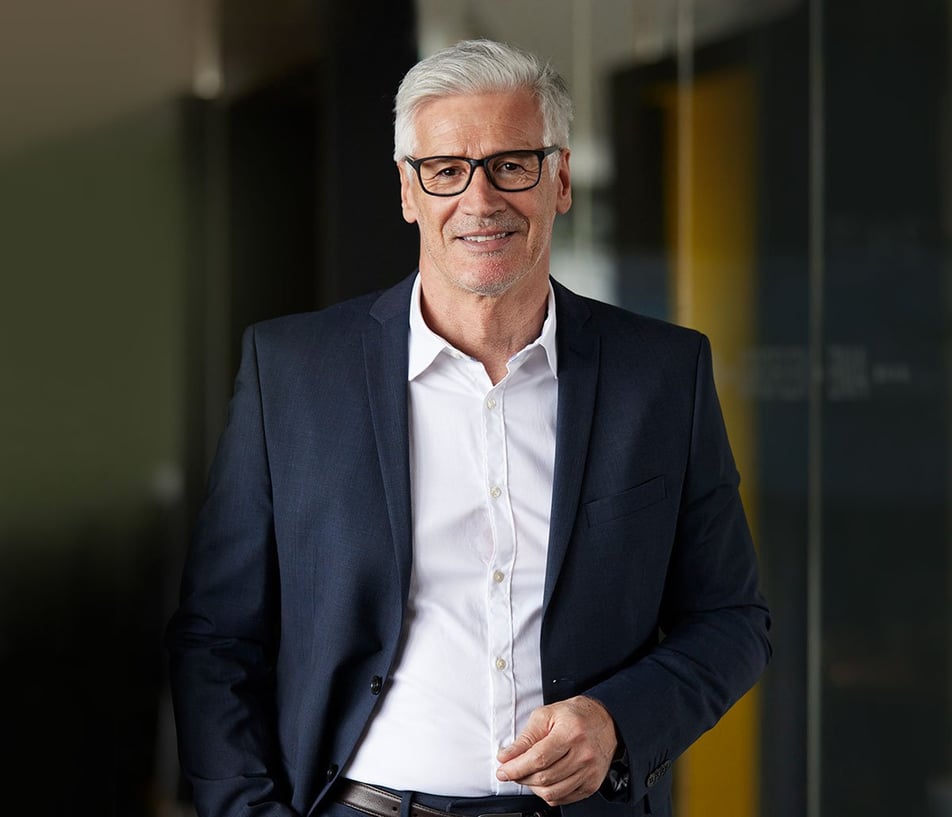

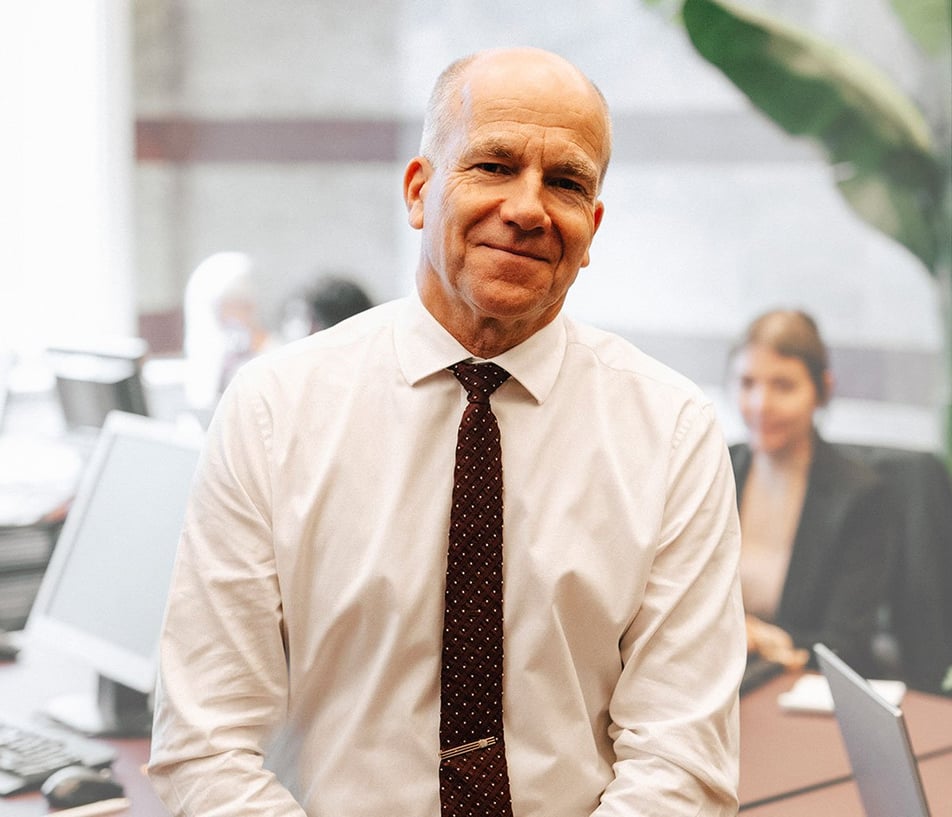
.png?width=400&height=400&name=CT-How_Can_We_Help-22_july_NewGraphic_b(small).png)

.png?width=1386&height=1224&name=2025%20Legal500%20Elite%20Boutique%20Award%20(Badge).png)
.png?width=1386&height=1224&name=ITR%20Finalist%20Practice%20Leader%20of%20Year%20Peter%20Aprile%202024%20(Badge).png)
.png?width=1386&height=1224&name=2025%20Legal500%20Leading%20Firm%20Client%20Satisfaction%20Award%20(Badge).png)
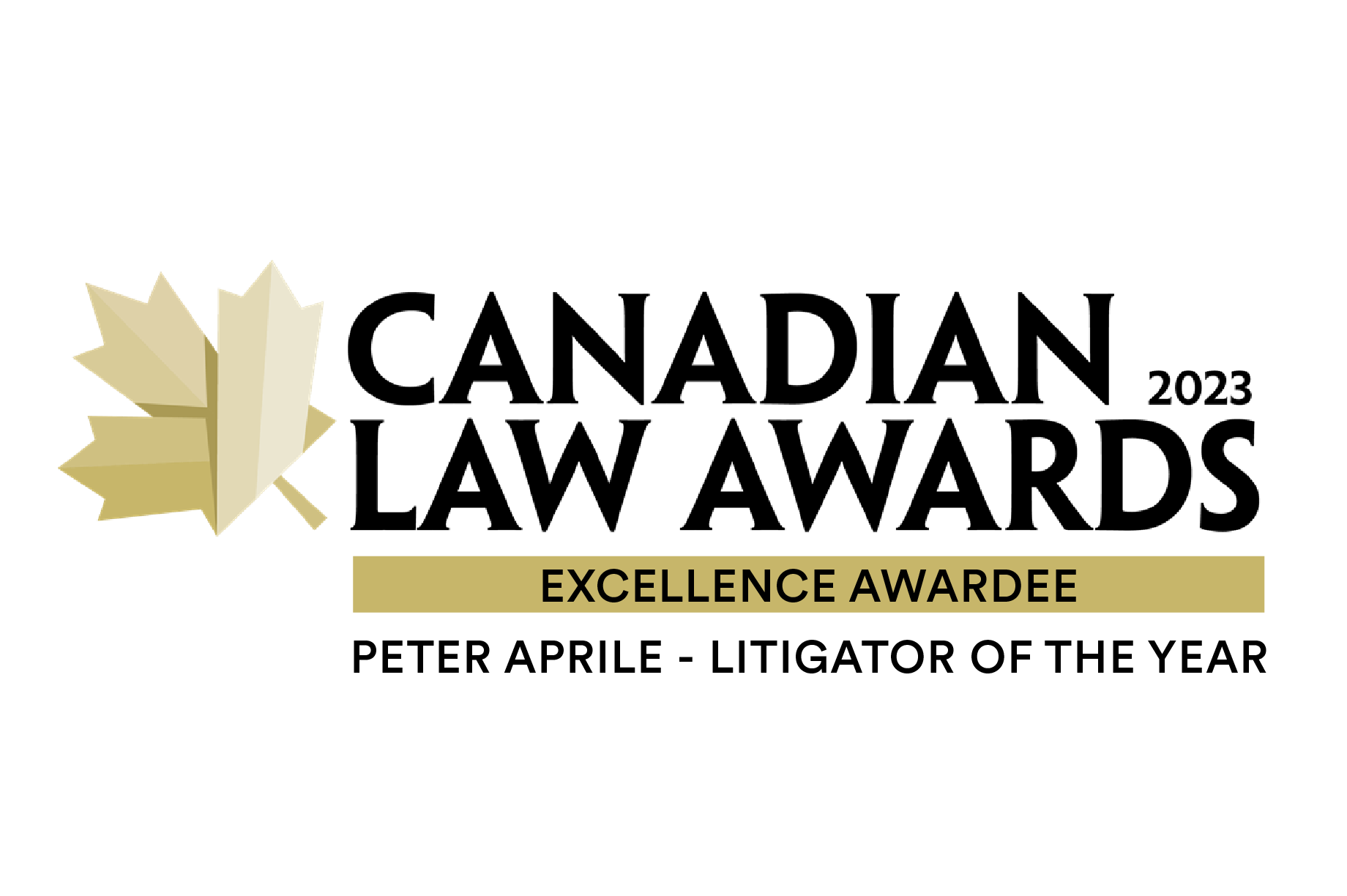
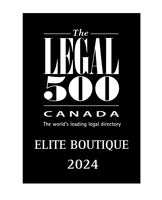


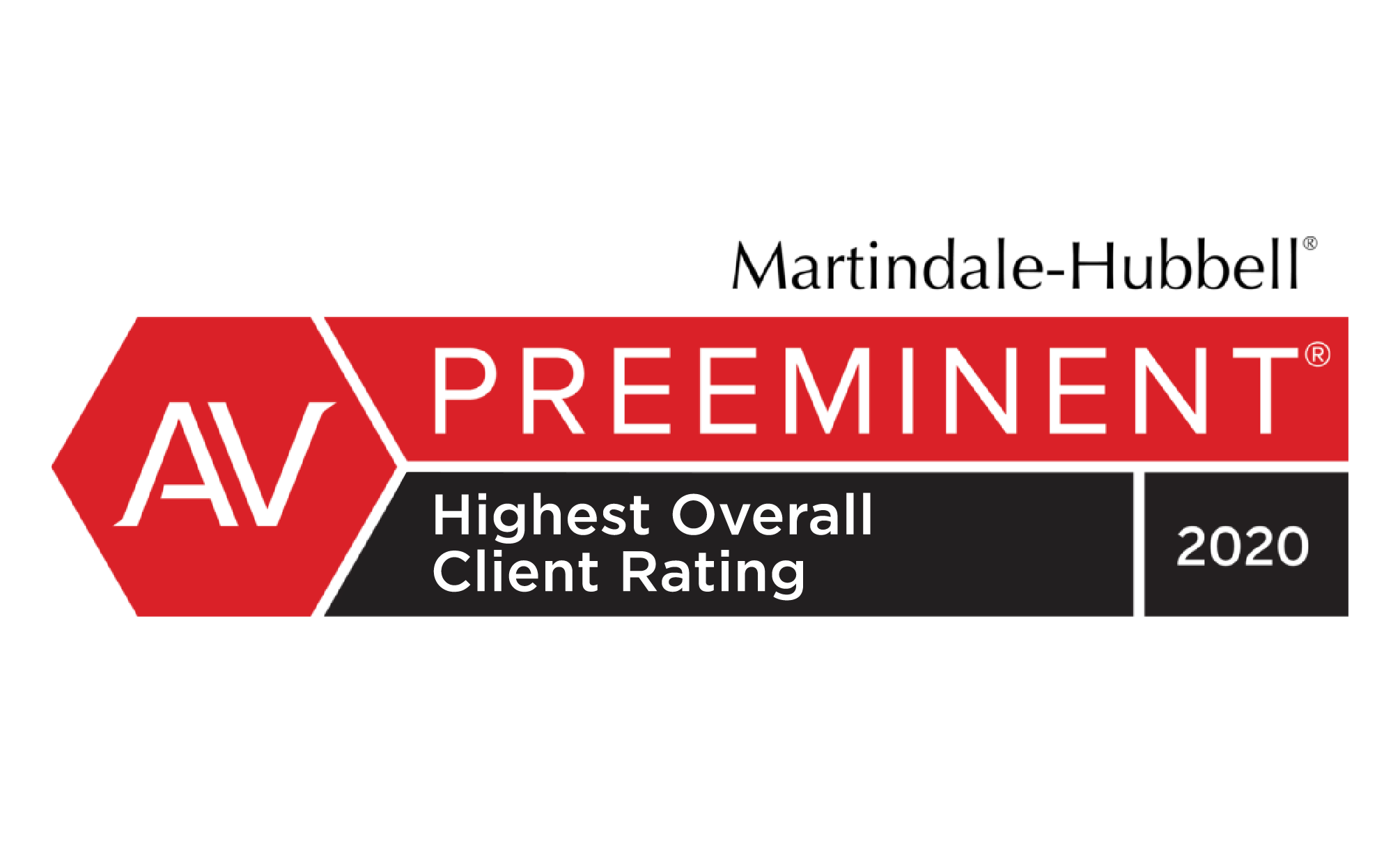
.png?width=1386&height=1224&name=ITR%20Tax%20Innovator%20Finalist%202024%20Award%20(Badge).png)

